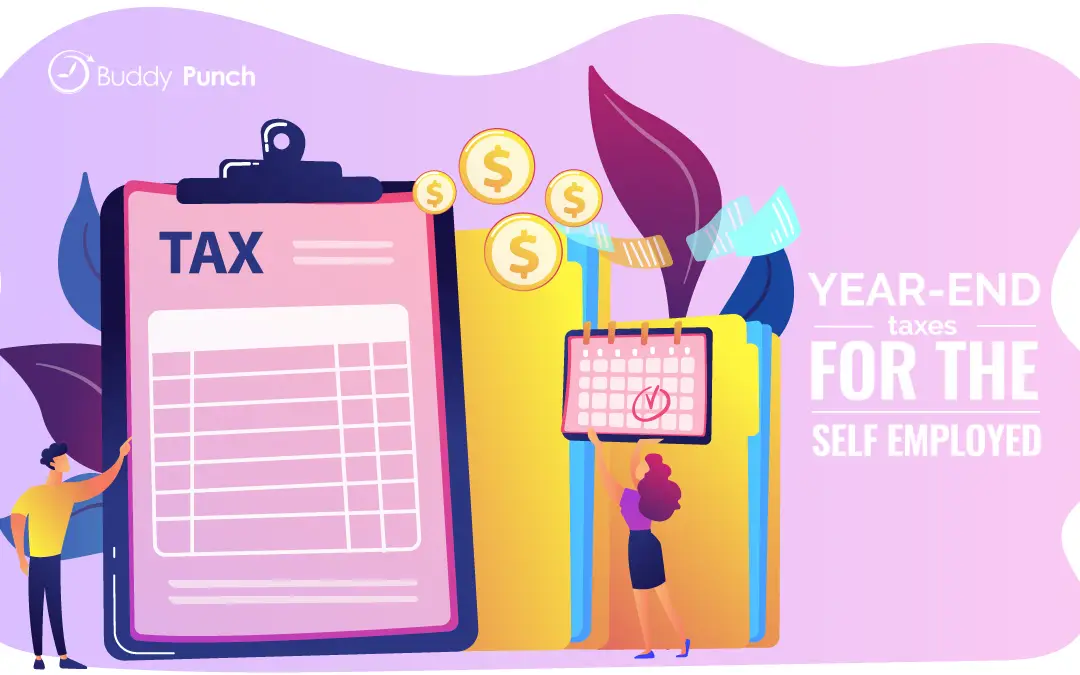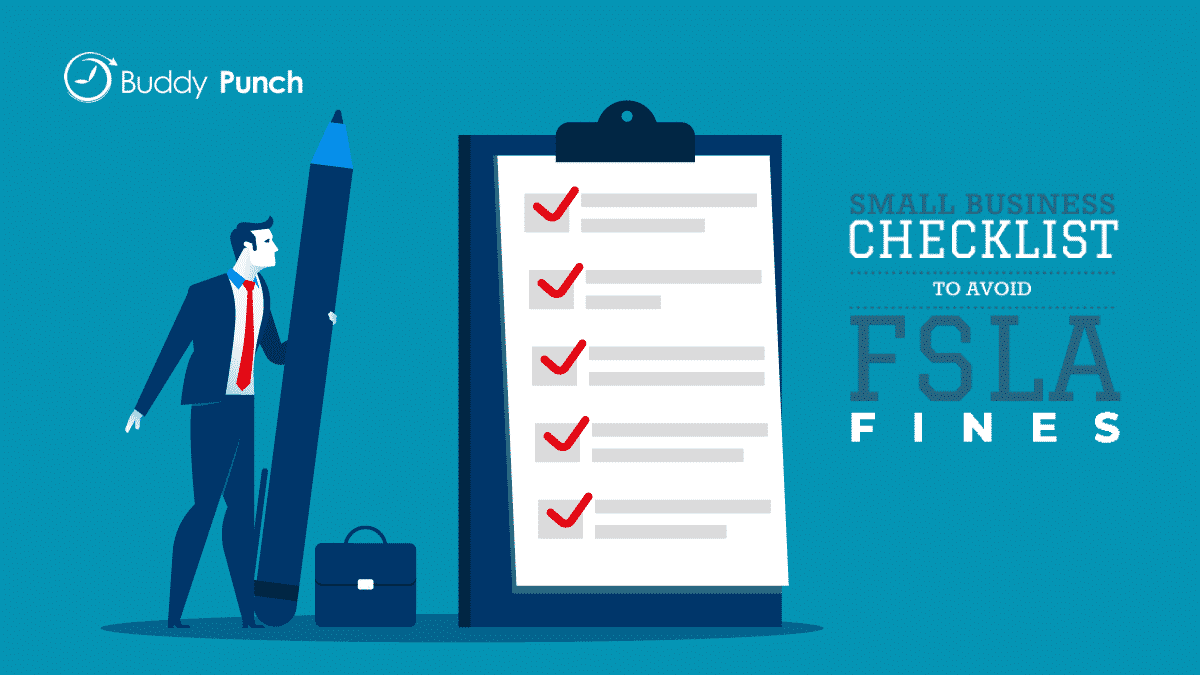Year-End Taxes for the Self Employed

With the end of the year fast approaching, one of the most critical steps to take for someone that is self-employed is finding or getting in touch with their accountant.
If you run your own business, you are probably already overwhelmed with trying to juggle everything, and one of the main things that often gets overlooked are the taxes that you might owe on your earnings. Whether someone pays you as a freelancer or even on a 1099-MISC, you are ultimately responsible for the taxes that you owe come tax time.
Let’s take a look at just a few of the essential things to consider to better handle your income and taxes for the year.
Deductions
According to a study done by Xero, nearly this 73% of Freelancers don’t deduct any expenses at all which results in them paying more taxes than they should. If you incurred any costs that were necessary to run your business and that you have documented, then be sure to use them to offset your income. Here are just a few items that you can include in your deductions:
- Home Office – Since many self-employed professionals and freelancers had the benefit of working from home, then you may look into receiving the home office deduction. Many individuals are hesitant to take this deduction as it has a possibility of triggering an audit, but as long as you have a designated home office for your business, it shouldn’t pose any issues. The simplified deduction is $5 per square foot, and you can include up to 300 square feet.
- Travel Expenses – This includes any hotel accommodations or mileage.
- Licenses & Fees – Any licenses or registration fees that you had to pay to maintain your business are also deductions you can claim.
- Health Insurance – Freelancers and self-employed professionals can also claim insurance premiums for both themselves and their family.
Tax Changes
The Tax Cuts and Jobs Act which took effect earlier this year has brought many significant changes to businesses. This includes those that are run by self-employed professionals and freelancers.
According to Capital One’s Small Business Growth Index, nearly 78% of small business owners said they have met or will meet with their accountant to discuss the new law. Approximately 20% of the 501 small business owners that were surveyed expect to pay less in taxes in 2019. The index also found that 52% believe that they will pay about the same in taxes.
New tax law changes also bring some uncertainty around all the potential savings one could receive. So if you haven’t already had a sit-down with your accountant, now would be a good time.
Your accountant should be able to review your 2018 taxes to see if you are paying the correct amount once the new rates are applied. It is imperative to meet with your accountant to discuss your taxes as soon as possible because you might not need to pay as much as you expected for the quarter.
Can’t Pay? Let the IRS Know Immediately
Preparing and filing are just a few of the steps when it comes to taxes. Whether or not you can actually make a tax payment is something the IRS is keen on knowing If you find that you won’t be able to make your payments, it is vital to let the IRS know as soon as possible.
If you are unable to pay there are options for you including an IRS Payment Plan. You can also get an extension granted if you need some more flexibility around paying your taxes.
Let’s face it, tax time is usually not one of the most fun times of the year, and neither is talking about taxes in general, but if you prepare now you will put yourself in a good position this year.
Recent Posts


